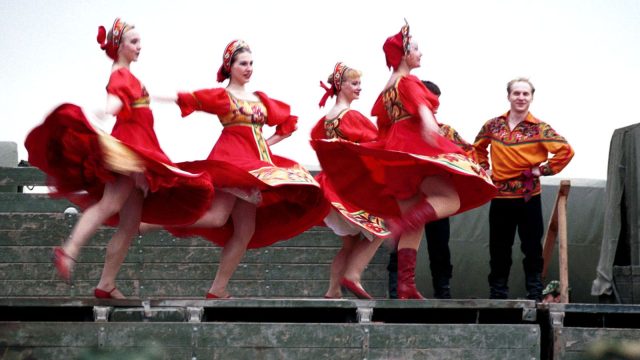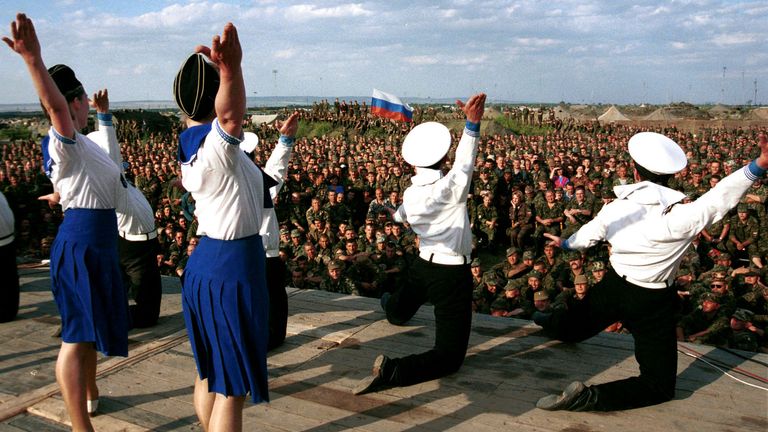Chechnya has reportedly banned music that is too fast or too slow.
The Russian republic is said to have ruled that all music should “correspond to a tempo of 80 to 116 beats per minute (BPM)”.
Its culture ministry made the announcement in a statement earlier this week, according to the Moscow Times.
The new standard of music is relatively slow compared to a lot of modern day pop music and would rule out a number of western genres from being played publicly in the conservative Islamic society.
The republic’s leader Ramzan Kadyrov instructed culture minister Musa Dadayev to make Chechen music “conform to the Chechen mentality,” the Moscow Times said.
“Borrowing musical culture from other peoples is inadmissible,” Mr Dadayev reportedly said.
The ban was reportedly announced following a meeting between the republic’s ministry and local and regional artists.
But artists are said to have been given until 1 June to rewrite music that doesn’t meet the criteria – and if their music isn’t reworked, they won’t be allowed to perform it in public.
Read more from Sky News:
Danish hippies tear up street in fight against drug dealers
Israel withdraws troops from southern Gaza
All western rave and techno music, which tends to be of a higher BPM, would be banned under the new rule.
Chechnya has been a vocal supporter of Russia’s invasion of Ukraine.
It has also seen a wave of anti-LGBTQ+ violence in recent years, including reports of anti-gay purges, that the UN described as “acts of persecution and violence on an unprecedented scale”.


















